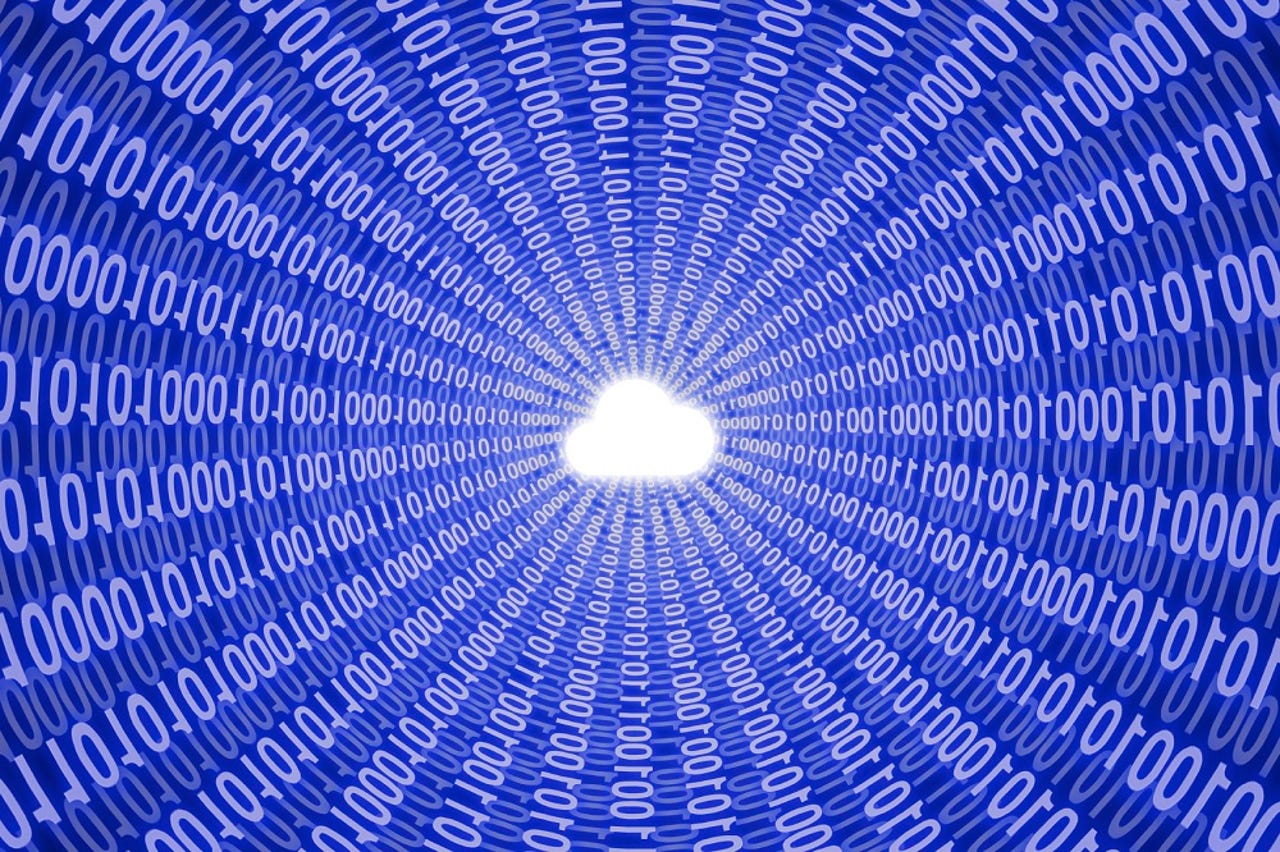Cloud plus artificial intelligence is creating The Matrix (and that's a good thing)


The matrix might not turn out to be so bad after all.
The Matrix is coming, but it might not look quite how you might expect.
A study by advisory firm Leading Edge Forum titled Embracing 'the Matrix' and the Machine Intelligence Era, suggests that the combination of cloud computing and artificial and machine intelligence (MI) "will increasingly be able to perform just about everything that companies and individuals do, and many things that we cannot".
This combination of technologies, the LEF believes, will mark a major new phase of innovation which it has dubbed 'The Matrix' in a nod to the cyberpunk films released across the late 90s and early 2000s.
In essence, the Leading Edge Forum suggests "an ever more capable digital ecosystem" is increasingly underlying business infrastructure, helping organisations to radically transform not only their business, but society in a way which will only get stronger over time as consumer expectations rise.
"For many years, AI advances stemmed mostly from academic investigations and the expert system initiatives of large organizations, but progress is now driven by the consumer marketplace. Virtually every type of human intelligence is becoming the basis of a scalable, cloud-based, global business model. This is greatly accelerating AI/MI innovation -- creating huge new opportunities and potentially disruptive industry scenarios," says report author and LEF research director, David Moschella.
And while the Matrix of of the movies was a pretty grim experience, this version is quite the opposite.
"The rollout of the Matrix is the biggest economic initiative of our time, and those firms and individuals that embrace these changes will enjoy exciting opportunities, while those who resist will increasingly fall behind," the report warns.
Moschella argues that we've already gotten to the point where AI is helping in everyday situations - and we're becoming dependent on it - whether we realise it or not.
"Today, we often don't feel the extent of these changes because once a function can be done by computers - be it making calculations, Googling queries, playing Go, identifying a song, or recognizing a face - it no longer seems like artificial intelligence (AI). But it is," he says.
"We are surrounded by, and dependent upon, software and algorithmic control in countless ways, and these changes have only just begun," Moschella adds.
And just as the internet has become a fundamental part of life - at least in the developed world - the LEF believes that this also represents the future of cloud computing technology, or indeed, it's present.
"While the cloud metaphor suggests something 'out there,' we are all now part of a vast and increasingly intelligent matrix of systems, software, data, algorithms and individual activity," says Moschella.
"Whether the Matrix catches on as industry terminology or not,", he continues, "it captures the key technology dynamic of our time: the extraordinary merger of machine intelligence and cloud economics, and all that this will entail," he adds.
MORE ON MACHINE INTELLIGENCE